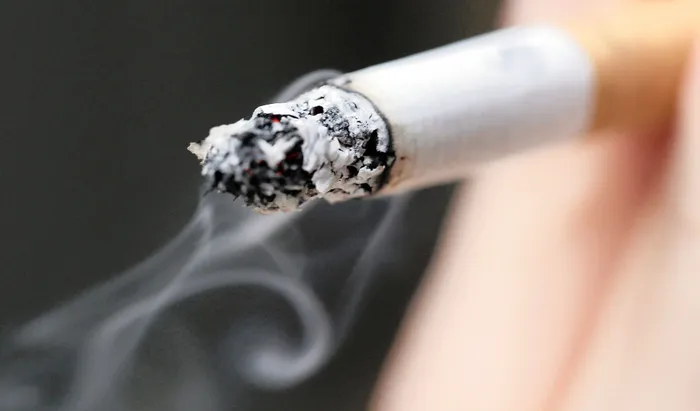
National Informal Traders Alliance of South Africa's (NITASA) position on the Tobacco Bill is that it does not promote the use of tobacco products or smoking, but believes that legislation needs to be drafted in a way that takes into account the impact that it will have on all sectors of society.
Image: Courtney Africa/African News Agency(ANA)
The National Informal Traders Alliance of South Africa (NITASA), representing more than two million informal traders across the country, has condemned its exclusion from the Parliamentary Portfolio Committee on Health’s virtual oral hearings on the Tobacco Products and Electronic Delivery Systems Control Bill (Tobacco Bill).
It says this undermines the principle of participatory democracy and silences the very communities most affected by it.
The hearings on the Tobacco Bill, which have been running since March 2025, concluded last week.
NITASA made a written submission on the Tobacco Bill in 2023, and wrote to the Committee this year to request an opportunity to make an oral presentation during the public hearings. The Committee agreed and allocated a date, only to be later uninvited on the basis that NITASA had not included a request to present orally in its 2023 submission.
Rosheda Muller, National Chairperson of NITASA, says: “South Africa’s democracy is founded on public participation. Excluding stakeholders because of a technicality, such as not ticking a box in a 2023 written submission, is unconstitutional and discriminatory. Informal traders deserve to be heard before Parliament passes laws that will destroy their livelihoods.”
NITASA has called on the Portfolio Committee on Health to urgently correct this "injustice", reopen the hearings to excluded stakeholders, and recommit to a transparent and inclusive legislative process.

The Portfolio Committee on Health has concluded its virtual public hearings on the Tobacco Products and Electronic Delivery System Control Bill.
Image: Supplied
“This is not only about NITASA, it is about millions of informal traders across South Africa who depend on this trade for survival. Our voices are being deliberately shut out. My understanding is that there were many tens of thousands of written submissions made on the Bill, and only 48 oral submissions were made to the committee.
"I doubt that the committee members have had the time to read all of those written submissions, or ever will, so the oral hearing process is very important. In addition, media are present at those oral hearings, which is critical for ensuring that the public are aware of the laws being developed on their behalf by their public representatives,” said Muller.
NITASA’s position on the Tobacco Bill is that it does not promote the use of tobacco products or smoking, but believes that legislation needs to be drafted in a way that takes into account the impact that it will have on all sectors of society.
Muller said it is important to understand that cigarettes are a key product for informal traders, especially single cigarettes. Almost 100% of all cigarette sales in the informal trade are single cigarettes.
“When someone stops at a table top seller or spaza shop to buy a cigarette, they often buy other products, so it’s an important part of what we sell. The sale of tobacco products is critical to the survival and livelihoods of informal traders, who mostly live hand to mouth, without savings or resources to fall back on. If this Bill becomes law it is going to devastate the informal trade.”
NITASA’s key concerns with the Tobacco Bill include:
NITASA believes there are better ways to protect the public while still protecting the livelihoods of an essential part of the economy, informal traders.
“We have been a strong voice for the use of education over the years, and still believe that this is the best way to address smoking. Laws must be developed with the input from the communities they affect, especially when they risk deepening inequality or driving trade underground. The informal trade feeds, clothes and educates millions of South African families. The Tobacco Bill threatens this reality.”
Related Topics: